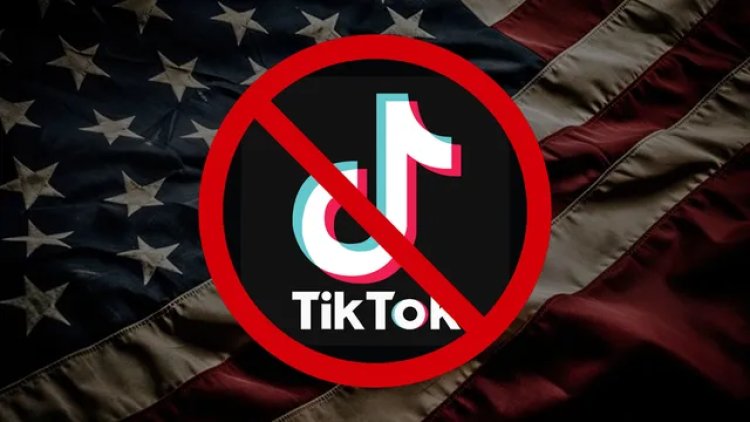US Lawmakers Demand TikTok's Removal From App Stores
US lawmakers pressure Apple and Google to remove TikTok from their app stores, citing national security concerns and an impending ban deadline.

The fate of TikTok in the United States hangs in the balance as a crucial deadline looms. Two prominent US lawmakers, including an Indian-American representative, have issued a stark warning to tech giants Apple and Google: prepare to remove TikTok from your app stores. This demand comes on the heels of a court ruling upholding a law that could ban the popular video-sharing platform nationwide.
The law mandates that TikTok's Chinese parent company, ByteDance, either sell the app to an American entity or face a complete US ban. With the deadline for compliance rapidly approaching on January 19th, lawmakers are intensifying their pressure.
The head and a key member of the House Select Committee on the Chinese Communist Party have sent letters to Apple CEO Tim Cook and Google CEO Sundar Pichai, urging them to prepare for TikTok's removal. In a separate letter to TikTok CEO Shou Chew, they demanded the "immediate sale" of the app.
Lawmakers argue that TikTok has had ample time to comply with the law and find a suitable buyer. They emphasize that Apple and Google have a legal obligation to ensure compliance by the January 19th deadline. Failure to comply could have serious legal consequences for the tech giants.
This move comes amidst growing concerns about national security risks posed by TikTok's ties to the Chinese government. Lawmakers fear that user data collected by TikTok could be accessed by the Chinese government, potentially compromising national security.
TikTok has vehemently denied these allegations and has been actively exploring options to address the concerns raised by the US government. However, the company faces a daunting challenge in finding a suitable buyer and navigating the complex legal and political landscape.
The outcome of this standoff will have significant implications for the future of TikTok in the US and could set a precedent for how governments regulate foreign-owned technology companies.

 Deepanjali
Deepanjali 










